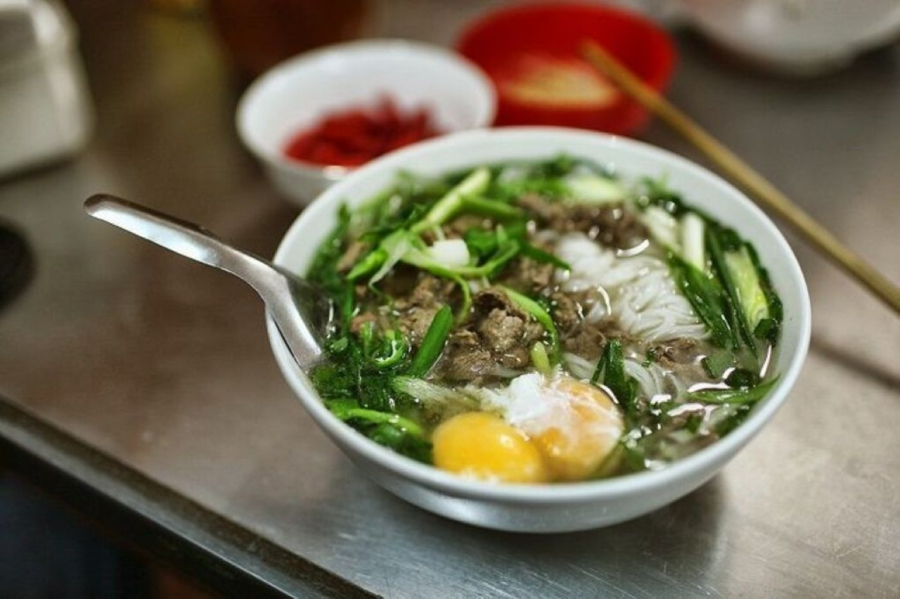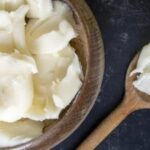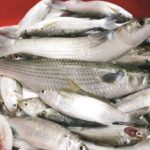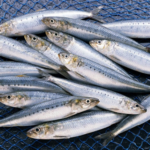There are many ways to cook eggs, but according to *Health Digest*, none are as sensible as poaching them. In just a few minutes, you get a perfectly cooked egg. Simplicity and affordability aren’t the only benefits of this dish. Poached eggs are also great for controlling cholesterol levels, especially for those with high cholesterol.
Additionally, Dr. Mohr informs us that poaching eggs cook them at a lower temperature and without direct heat, reducing cholesterol oxidation.
According to *Healthline*, low-density lipoprotein (LDL) cholesterol is considered the “bad” type of cholesterol and includes oxidized cholesterol that sticks to the inside of arteries. Over time, oxidized cholesterol narrows the arteries, impeding blood flow throughout the body.
Cooking eggs at high temperatures (frying) can cause cholesterol oxidation. In contrast, poaching only requires moderate heat for a short time, so the cholesterol in the eggs is less likely to oxidize and cause cardiovascular problems later on.

Poached Egg with Pho
Depending on your preference, you can eat poached eggs on their own or add other foods to enhance their flavor and nutrition. Dr. Mohr suggests pairing poached eggs with whole-grain toast for a fiber-rich meal that helps regulate blood sugar levels. Mayo Clinic states that consuming 5-10g of fiber daily has been proven to lower LDL cholesterol.
You can also add vegetables or fruits to your poached eggs for extra fiber and nutrients. Dr. Mohr offers some ideas: *”Adding leafy greens like spinach or kale will provide essential vitamins to your meal. Avocado slices provide healthy fats and fiber, while eggs are a great source of protein. Try adding tomatoes or bell peppers for extra flavor and vitamins.”*
Additionally, the source of your eggs matters. A study published in the journal ‘Foods’ found that eggs from hens fed a soy- and corn-free diet contained more omega-3 fatty acids than those from free-range hens. While omega-3 fatty acids don’t lower LDL cholesterol, they benefit the cardiovascular system in other ways, including reducing the risk of cardiovascular-related death.
The Great Fat Debate: Lard vs. Vegetable Oil – Which is the Healthier Option?
“The great culinary conundrum: Vegetable oil or lard? Both have their place in the kitchen and in maintaining health, but the key to their efficacy lies in using them wisely and in moderation. This is a highly debated topic, with passionate advocates on both sides. Getting it right is crucial for long-term health.”





































